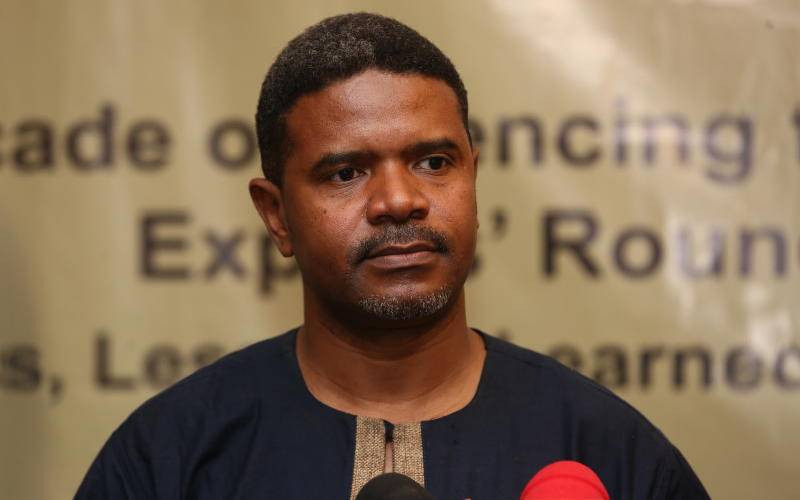×
The Standard e-Paper
Home To Bold Columnists

In the past year, our country has witnessed one of the most painful chapters in its democratic journey. From the onset of the Gen Z protests in June 2024, the streets became the voice of a young, vibrant generation demanding a better, freer future. Youths, armed only with flags, bottles of water and their phones, marched with courage, with hope in their eyes and fire in their hearts. But too many of them paid the ultimate price.